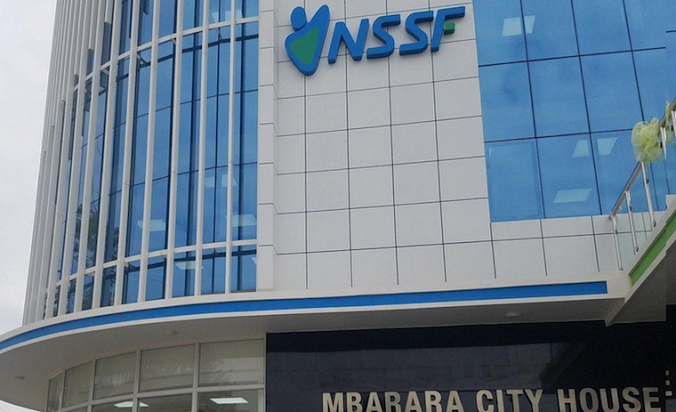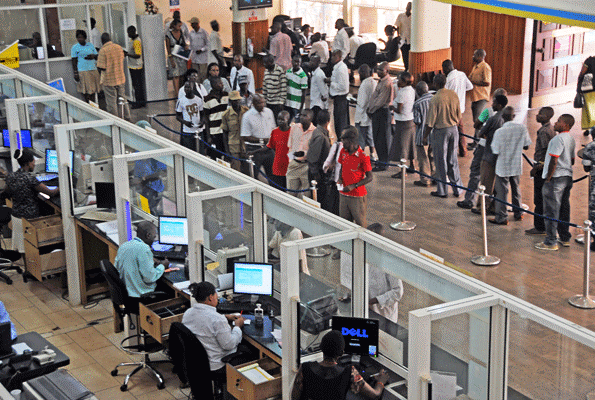ActionAid has raised concern about the report released by the Inspectorate of Government on the National Social Security Fund-NSSF investigations.
The IGG launched a probe following more than 15 allegations involving abuse of office, corruption, and mismanagement of funds. The investigation targeted Richard Byarugaba, the former Managing Director of NSSF, as well as board members and other high-ranking officials.
In the report released last week, Byarugaba was largely absolved of the various accusations against him. The report however did hold him accountable for financial losses suffered by the fund as a result of irregular payments and funds allocated for trips, where he and others spent fewer days than what had been accounted for.
He was instructed to repay 2.6 billion Shillings or potentially face legal prosecution.
Xavier Ejoyi, the Country Director of Action Aid International, said the report lacked soundness as it attributed financial losses to someone while absolving them of any wrongdoing at the same time.
Ejoyi made the remarks in Kampala on Thursday while launching the National Citizen Integrity Awards which aims to acknowledge public officials who have demonstrated exceptional integrity in serving their communities.
She added that the report can be perceived as contradictory or illogical and could potentially undermine the credibility and integrity of the investigative process, as it fails to provide a coherent explanation for the losses incurred.
According to Ejoyi, the report and the ongoing debate surrounding its findings and recommendations have generated confusion and raised concerns about the functioning of government institutions entrusted with combating corruption.
“The lack of clarity and the contradictory nature of the report’s conclusions and recommendations have left many questions unanswered regarding the operations and effectiveness of these institutions in their anti-corruption efforts,” he said adding that such confusion undermines public trust and confidence in the system’s ability to address corruption effectively.
While the IGG’s report has faced scrutiny from various parties, including Action Aid, Byarugaba, one of the main subjects in the report, also expresses reservations regarding the recommendations that require him to refund 2.6 billion shillings lost during his tenure.
Byarugaba argued that the payments for which he is being held accountable were managerial and administrative decisions carried out lawfully, in accordance with resolutions made by the board and the minister.
According to Byarugaba, if the IGG considered these payments to be irregular or unlawful, she should have recommended refunds from the recipients rather than solely targeting them for repayment.
Apart from naming and shaming the corrupt, Ejoyi noted they have put in place an alternative approach to combat corruption by recognizing and rewarding officials who have demonstrated exceptional integrity.
This initiative will be hosted by ActionAid and supported by Anti-Corruption Coalition Uganda, Uganda Debt Network, and the Inspectorate of Government (IGG), among other anti-corruption agencies and civil society organizations.
Christine Byiringiro, the Programs Manager at Uganda Debt Network, explains that participants who have held public office for a minimum of five years will be nominated by their local communities. An independent panel will be established to thoroughly examine their records and evaluate their eligibility for the awards.
According to the 2022 report, Uganda experiences significant losses of at least 9.114 trillion shillings annually due to corruption, affecting both private and public institutions. These financial losses highlight the urgent need for comprehensive measures and concerted efforts to combat corruption in the country.
-URN





